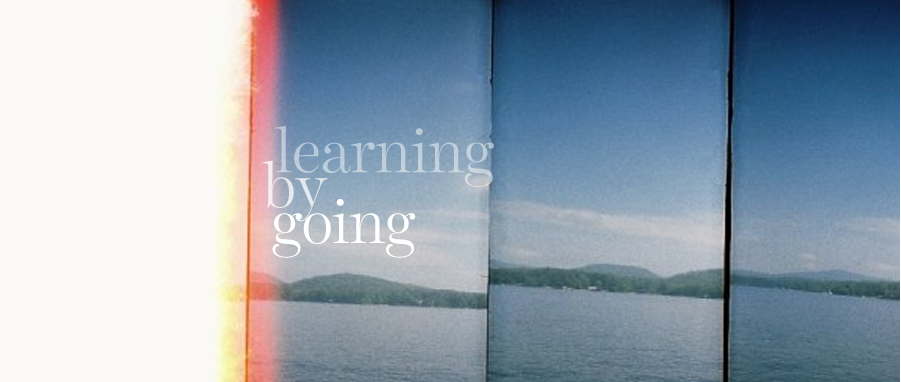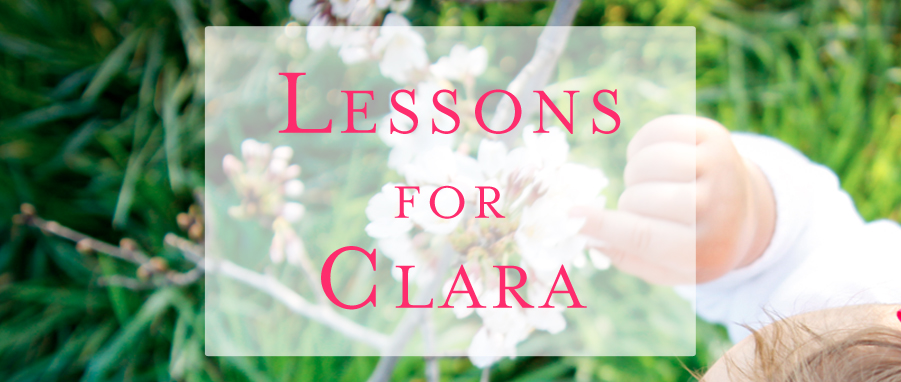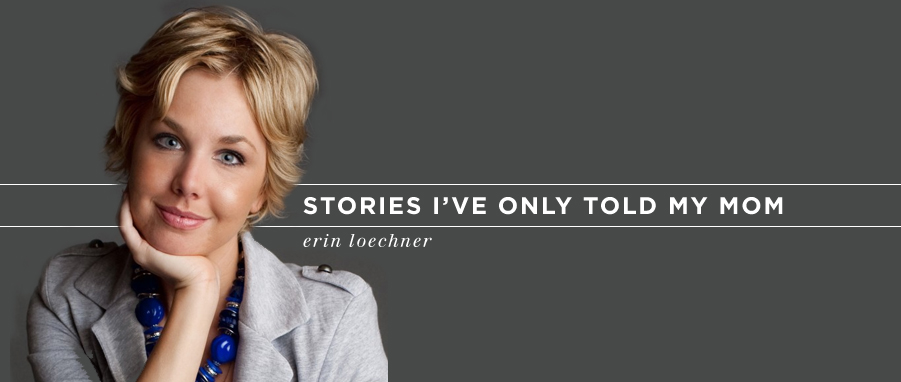By Chris Babinec
Oh, Hell no! Not me. I didn’t think it was a bad choice, of course. As a feminist, I believed a woman should be able to do and be whatever she wanted to be. So, if a woman wanted to become a mother, good for her. Not good for me.
I just never got excited about babies. I never wanted to hold them, rock them, and take care of them. I never smelled that “baby smell” others would swoon over. I didn’t dream of staying home, cooking nutritious meals, wiping butts, listening to crying and whining. I didn’t need someone to look up to me, tell me they love me or call me Mommy. And, I never wanted all the trappings I thought being a mother would bring: a long-term partner, a permanent abode, and an interruption in my timeline of conquering the world.
Nope, for me, there would be adventure! Travel! Exotic foods, exotic lands, exotic jobs! And, of course, I would be a champion for women and children across the world. I would become a feminist icon. I would start my own non-profit. I would devote my life to helping others in need. I would try to live like my hero: Wonder Woman. Maybe I would run for office someday.
Above all, I would do what I wanted, when I wanted, how I wanted and nobody would get to tell me any different, especially not a man and certainly not children. I would be my own woman. Independent, free, yet devoted to our common humanity. I would, with effort, figure out how to balance my interests in, and devote my time to: women’s rights, civil rights, human rights, environmental concerns, animal rights, children’s rights, alleviation of poverty, cessation of war, and the list goes on and on. I would do everything, be everything I wanted to be. Maybe I would learn some humility along the way, but if not, so what, men get to think big, dream big, act big---why shouldn’t I?
To a large degree, I have already accomplished many of my goals. I have traveled and I have adventured. I have eaten exotic foods and been to new and interesting places. I’ve met incredibly interesting people and had many partners. I’ve tested my limits. I’ve tossed off the shackles of fear more times than I can remember. And, to a large degree, I have devoted my life and career to helping others.
Of course, the strangest thing happened. When I was about 30, I realized nearly all my life, I had been working with children. Even as a youth, I was a peer leader, a voracious volunteer for many causes that helped other youth. As I grew older, I found my niche working with teens, and not the Up With People, kind. The gang banging kind. The rough and tumble kids, the homeless youth, the sexually exploited minors/child prostitutes, the disenfranchised, angry, conduct-disordered kid who would just as soon spit on you and rob you, as give you the time of day. I love these kids. Since I was about 21, helping these kids has been my passion and my work.
These kids, as it turned out, were as outraged as I was at the state of the world. They were justifiably angry at the lives they had been handed. While they couldn’t acknowledge it or express it in appropriate ways, the anger seemed to drive their behavior. And, I get anger. I mean I really get it. It’s another reason I never thought I’d be a mother. I thought the outrage I possessed, the unbridled passion, the “you can kiss my ass” attitude might not be good for children.
These kids I worked with often didn’t have mothers. Or, sometimes their mothers were doing the best they could, but due to oppression, patriarchy, institutionalized discrimination, or due to substance abuse, mental health disorders and other complicating factors of our lives and culture, the mothers just couldn’t give these kids what they needed or wanted. Without knowing what was happening, without planning it, wanting it, thinking about it, or feeling any particular way about it, I began mothering.
It started in little ways. I would go to work, ask the kids about home, school and homework. I’d try to get the homeless kids and their families’ food, school, shelter. I would help the kids develop internal and external resources. I’d ask about friends, life goals, and try and inspire and motivate the kids to achieve their dreams, no matter what the obstacles seemed to be.
Then my mothering instinct became stronger. I started to realize how few children have the supports they need to achieve even basic goals. I noticed the threats to these children’s lives---not the boogeyman kinds of threats---the kids already knew how to defend against those. I mean, the threat of indifference, the threat of being objectified and commodified. The threat of being powerless, invisible, of having no voice and no means to advocate for themselves.
Then I really became a mother. A full-on, I will kick you ass if you hurt my babies kind of mother. I became a clinical therapist and trauma specialist so I could help those children who have suffered the worst humanity has to offer. I remain strong to bear witness to the pain and suffering these children can barely express. I talk about my work so others know how dreadfully children are treated in this world; not all children of course, but so, so many.
When people ask me, “How can you do that work? It sounds so depressing!” Like a mother, I ask them, how could I not? If not me, who? That outrage inside me, that anger I thought might not be great for kids, is the fire that fuels my service, my advocacy and my ability to stand up for those in need. It’s exactly what kids need.
Now, at 39, I have a 3-year-old girl of my own and a baby boy on the way. My daughter’s smile, laugh, story-telling, empathy and grace give me an overwhelming, intoxicating sense of joy, peace and balance I never knew I missed. I have known the pleasure of pregnancy, birthing, and breastfeeding. I have learned some balance in parenting different ages and stages of development. I still do not need my children to look up to me, tell me they love me or call me mommy, but it’s delightful when it happens.
And, of course, the only way I am able to sustain my strength to do the work that I do is because I have a devoted, feminist husband who equally shares the load, a long-term partner I can’t imagine ever living without. A man who inspires me. A man who teaches our daughter every day that men are not always oppressors, that sometimes a man is just the person you need to do the critical work of your calling. And, that fathers are equally important as mothers.
So, while I may not be conquering the world in quite the fashion I imagined I would, and there are still so many places I want to go, things I want to see, fears I want to face, I wouldn’t trade my life or my experiences for anything. I love my life and I cherish motherhood. I never wanted to be a “mother”, but it’s because I alone limited the meaning of that word.


































